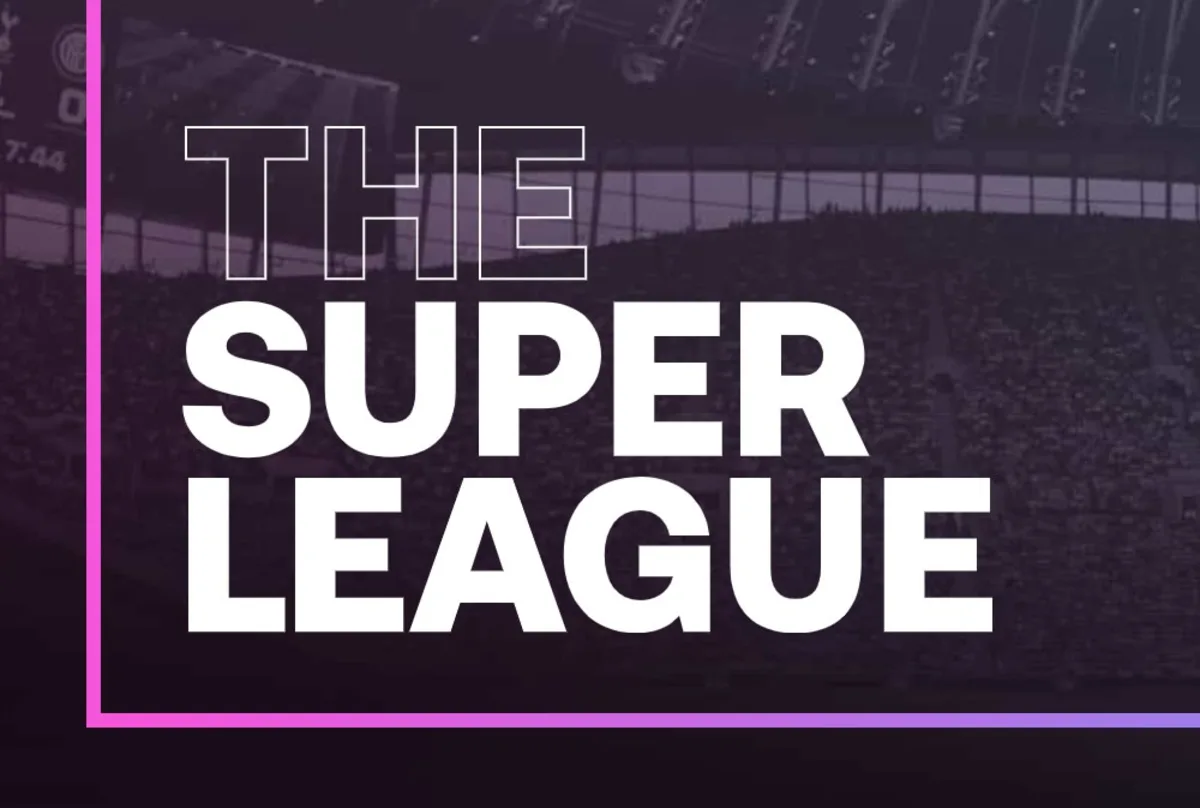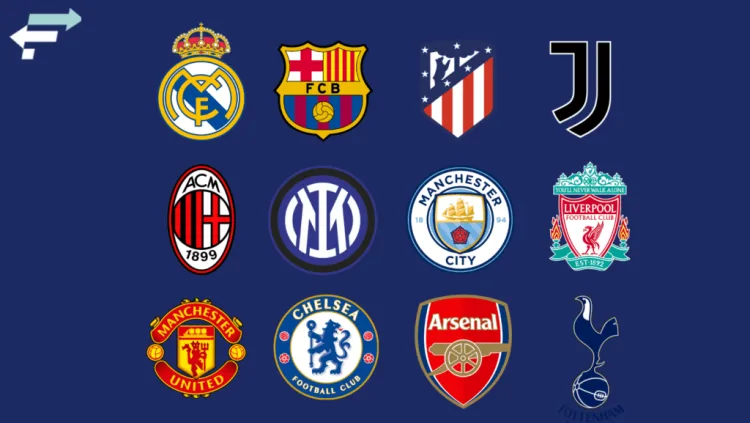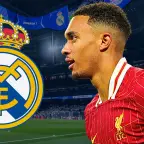-
Feature
- 8 hours ago
Deloitte Money List shows The Super League should have been allowed to happen

It’s not often that Andrea Agnelli is right.
After all, this is the man who took Juventus from a position of unbridled dominance, record title runs and a Champions League final, and dragged them back to the rest of the pack in Serie A.
He unknowingly and unwittingly made Serie A competitive again, such was his desire to make all the wrong moves.
EXCLUSIVE: Why Chelsea have no FFP worries
Agnelli was also the man who spearheaded the European Super League from his position as head of the European Club Association and attempted to push it through at the peak of the covid pandemic in 2020.
Ultimately, ‘fan power’ in the UK, those supporting sides of the Premier League that wished to compete within it, put paid to his plans mere days after it was proposed.
But while Super League never got off the ground, Agnelli’s reasons for doing it are more true than ever.
EXCLUSIVE: Alejandro Garnacho agrees to sign new Man Utd contract
His reason was clear. His friends in the Premier League were literally and figuratively on an island. Their domestic and international TV deals were so large, so superior to the other supposed Big Five - La Liga, Serie A, Bundesliga and Ligue 1 - that they would sweep up all the talent.
Salaries couldn’t be matched. Transfer fees would be blown out of the water. And even the elite teams from within their own eco-systems - like Bayern Munich, Juventus, Real Madrid and Barcelona - would be reduced to being historical giants, yes, but financial irrelevancies.
And it’s all coming to pass. The Deloitte Money league has 11 of its top 20 teams - and 16 of its top 30 - located in the Premier League. For the first time in the history of the list, which dates back 20 years, a single league has dominated the list so entirely.

And if the concept of the Champions League is something to be cherished, let alone the relative competitiveness of localised leagues, then this is disastrous news for the continent.
Wolves, West Ham and others like them spend €40-€50 million on players, and often acquire them from far larger rivals. It’s fantastic for those clubs, for the players being paid well, and for the future success of the behemoth that is the Premier League.
But for teams further down the ladder - the likes of Roma, Lazio, Valencia, Villarreal, Dortmund, Leverkusen, Ajax…. These teams are as ripe for plundering by Manchester United as they are by Nottingham Forest.
That is an undeniably grim state of affairs for the distribution of talent across Europe and there’s almost certainly nothing that could be done about it.

The Super League should have been allowed to happen
And so Agnelli was right. The Super League, at the time, was the last hail mary move to get the Premier League’s big sides involved.
It would have likely, over time, extracted them from the domestic league or, at the very least, altered their focus to the point that the Premier League broadcasting deals may have been compromised, bringing the non-Super League sides back to the competition.
It would, too, have made the rest of the leagues more competitive too as these giants face off against each other week in, week out, the likely end game of where football is heading.
It would have redistributed assets in a more democratic way, ironically the exact complaint that opponents of the plan had in the first place.
And it might have been the last chance to create such a thing.
Deloitte Money League 2023
| Position | Club | Revenue (€m) |
| 1 | Man City | 731 |
| 2 | Real Madrid | 713 |
| 3 | Liverpool | 701 |
| 4 | Man Utd | 689 |
| 5 | PSG | 654 |
| 6 | Bayern Munich | 654 |
| 7 | Barcelona | 638 |
| 8 | Chelsea | 568 |
| 9 | Tottenham | 523 |
| 10 | Arsenal | 434 |
| 11 | Juventus | 401 |
| 12 | Atletico Madrid | 394 |
| 13 | Dortmund | 357 |
| 14 | Inter | 308 |
| 15 | West Ham | 301 |
| 16 | Milan | 265 |
| 17 | Leicester | 252 |
| 18 | Leeds | 223 |
| 19 | Everton | 214 |
| 20 | Newcastle | 212 |
In 2020, revenues were confused, match-going fans were not allowed to attend and live sport itself faced an uncertain future. The Premier League clubs were vulnerable and lured into the conversation.
But now that the pandemic is over, we’re in a situation where the Premier League sides hold all the cards. They know their worth. And they know that revenue valuation that could be brought by a Super League that would be unilaterally opposed by their support would be finite and barely worth the political risk.
And so maybe European football had one chance to save itself, and perhaps it has been and gone. The Deloitte Money List will, in a few years, house all 20 of its sides within the top 30.
And so Agnelli has been wrong about many, many things. But maybe he was right about this.



















